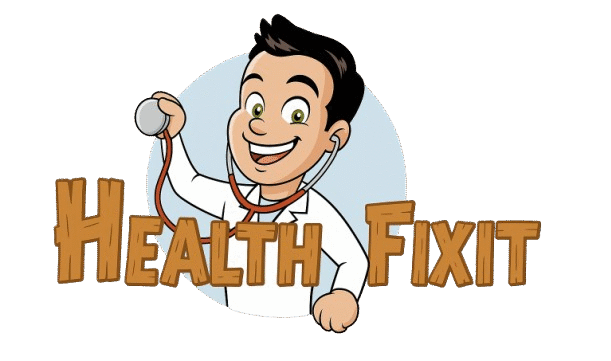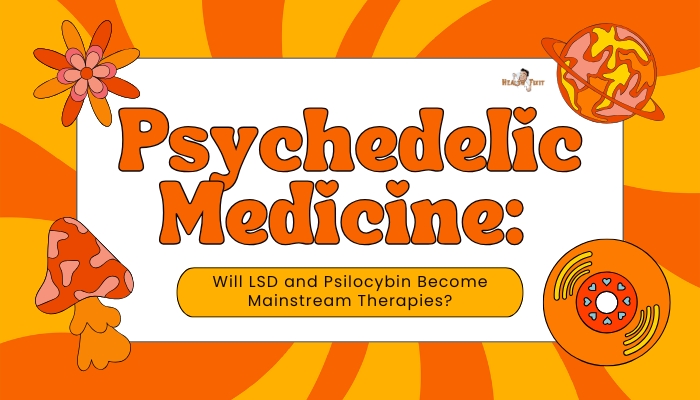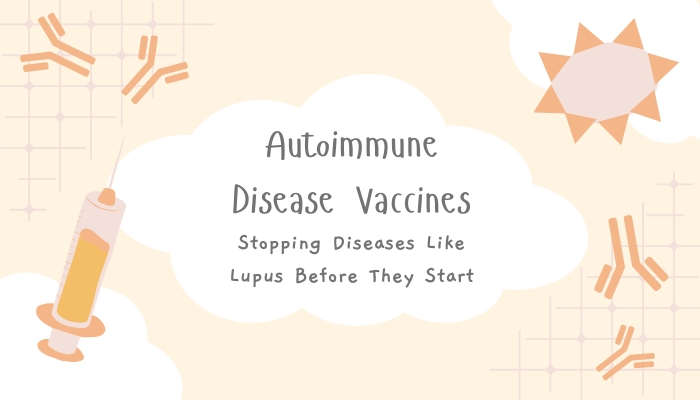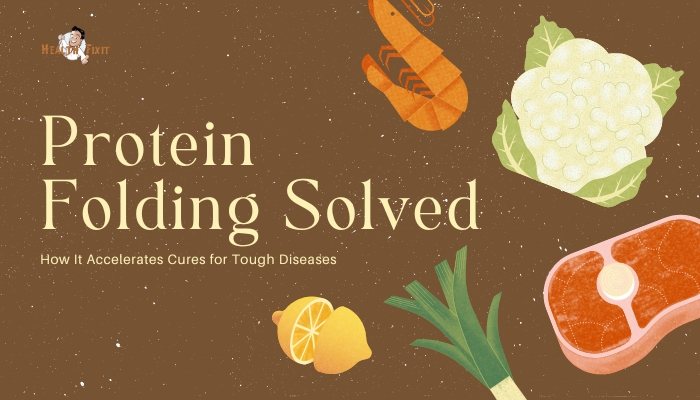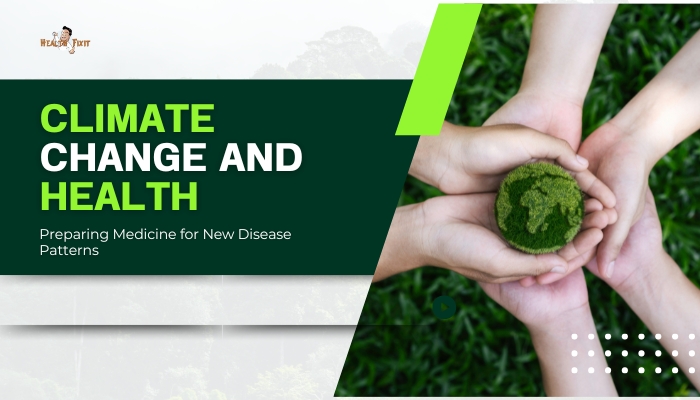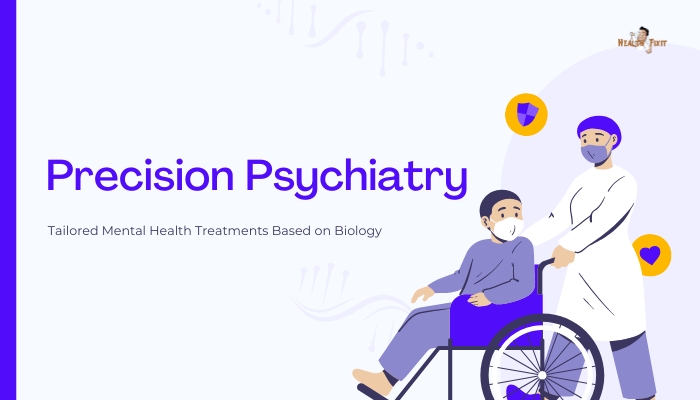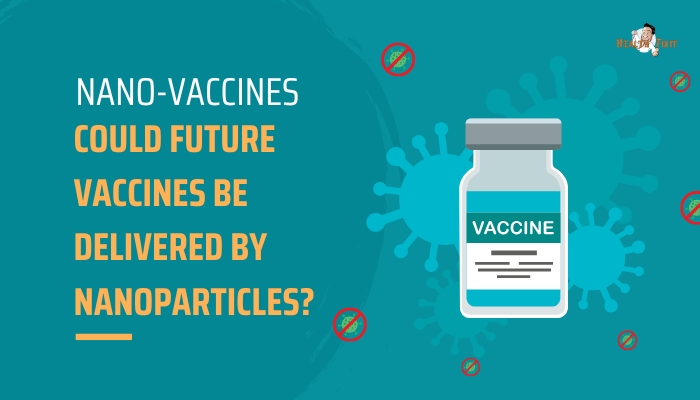Introduction
For much of the 20th century, psychedelics like LSD and psilocybin were associated primarily with counterculture movements or relegated to the shadows due to legal restrictions
. Today, these substances are reemerging as promising therapeutic tools for conditions ranging from treatment-resistant depression to end-of-life anxiety.
A growing body of scientific research and carefully supervised clinical trials suggest that, used responsibly, psychedelics may significantly improve mental health outcomes.
Despite legal and cultural hurdles, “psychedelic medicine” is rapidly evolving, raising questions about whether LSD and psilocybin could become mainstream therapies in the near future.
This article explores the history of psychedelic research, the latest clinical findings, potential benefits and risks, and what the future of regulated psychedelic-assisted treatment could look like.
A Brief History of Psychedelic Research
Early Promise and Prohibition
Psychedelic substances, including LSD (discovered in 1938 by Albert Hofmann) and psilocybin (the active compound in “magic mushrooms”),
were once widely studied in the 1950s and 1960s for addiction, anxiety, and other psychiatric issues. Early research showed encouraging results,
but a wave of counterculture use and resultant legal crackdowns led to the classification of psychedelics as Schedule I substances, stalling scientific progress.
Renaissance of Psychedelic Science
In the 2000s, renewed interest in psychedelics emerged at institutions like Johns Hopkins, Imperial College London, and other respected labs. Regulatory shifts and early pilot data spurred a growing movement to revisit psychedelics as clinical tools. By the 2010s, researchers gained government approvals for small-scale clinical trials, reporting significant improvements in depression, anxiety, PTSD, and substance use disorders under controlled conditions.
How Psychedelics Work
Neurobiological Mechanisms
Psychedelics typically act on serotonin 5-HT2A receptors in the brain. This receptor activation leads to increased neuroplasticity
, altered sensory perception, and a dissolution of rigid thought patterns. Brain-imaging studies reveal that psychedelics reduce activity in the default mode network (DMN),
possibly freeing the mind from habitual thought loops and fostering new insights or emotional breakthroughs.
The Psychedelic “Experience”
Clinical use often involves a guided session, with trained therapists providing a supportive setting (sometimes called “set and setting”).
Patients ingest LSD or psilocybin, then embark on an introspective journey—frequently characterized by intense sensory, emotional,
and cognitive experiences. Afterward, integration sessions help patients process insights, reframe negative beliefs, and maintain beneficial changes in outlook.
Clinical Findings and Potential Benefits
Depression and Anxiety
- Treatment-Resistant Depression: Small trials indicate that a single or few guided psilocybin sessions can produce rapid, profound mood improvements lasting weeks or months.
- End-of-Life Distress: Terminally ill cancer patients report reduced anxiety, improved acceptance of mortality, and higher quality of life after a psilocybin session.
PTSD and Addiction
- PTSD: LSD and psilocybin may help patients revisit traumatic memories from a new perspective, reducing fear responses.
- Substance Use Disorders: Preliminary studies on smoking cessation and alcoholism show encouraging relapse prevention with psilocybin-assisted therapy.
Lasting Changes in Personality
Some participants note improved emotional openness, deeper sense of purpose, and stronger social connectedness. Psychedelics appear to accelerate therapeutic breakthroughs that might otherwise take months of conventional therapy.
Limitations and Risks
Adverse Psychological Reactions
In rare cases, bad trips or intense anxiety can occur, especially without proper support. Carefully screened patients and guided sessions can mitigate these risks, but absolute safety is never guaranteed.
Medical Contraindications
People with a history of psychotic disorders or certain heart conditions could face heightened risks from psychedelics. Thorough medical and psychiatric evaluations precede clinical administration.
Regulatory Hurdles
Psychedelics remain Schedule I in many countries, complicating research and clinical use. Shifting them to a less restrictive classification or establishing special protocols for medical use is a key challenge.
Need for Skilled Therapists
Much of the benefit arises from the therapeutic container: pre-session counseling, supportive environment, and integration therapy. Scaling this approach requires more trained providers, raising cost and accessibility concerns.
Future Outlook: Mainstreaming Psychedelics?
Ongoing Clinical Trials
Phase II and III trials on psilocybin for major depression and LSD for anxiety are underway in multiple countries. If results replicate early successes,
regulators may grant approval for controlled medical use, as they did with MDMA-assisted therapy for PTSD (currently in advanced trials).
Therapist Training and Infrastructure
Becoming mainstream would demand a network of certified psychedelic therapy centers. Therapists, nurses, and psychiatrists would need specialized training to manage sessions and integrate experiences effectively.
Commercial and Cultural Shifts
Startups and large pharmaceutical companies invest in psychedelic R&D, foreseeing a potential multi-billion-dollar market. Public opinion is also softening, with high-profile coverage of success stories. Balanced messaging about risks vs. benefits remains crucial.
Potential Overreach
Some worry about commodification or unsupervised “wellness retreats” offering unregulated LSD/psilocybin. Protecting individuals from unscrupulous providers or uncertain self-medication scenarios is an ongoing concern.
Practical Advice for Patients
- Check Legality: Outside clinical trials or licensed research, LSD or psilocybin remain illegal in most regions. Investigate reputable trials if seeking such treatments.
- Screening and Support: Those with mental health conditions should consult a qualified professional. A thorough evaluation can assess if they are a good candidate for psychedelic-assisted therapy.
- Integration: Real change often arises not only from the psychedelic experience itself, but from ongoing therapy sessions that integrate insights into everyday life.
Conclusion
Once relegated to the fringes of medical science, LSD and psilocybin now stand at the cusp of mainstream acceptance for treating severe depression, anxiety, PTSD,
and addiction. Studies consistently underscore their transformative power when administered responsibly with therapeutic support. Yet many questions remain about optimal dosing, best practices
, and how to ensure safety and accessibility if these therapies expand widely. As more clinical trials conclude and regulations shift, we may see psychedelics integrated into specialized clinics or mental health settings,
potentially offering new hope for patients whose lives have been constricted by persistent mood disorders. If managed ethically and supported by robust clinical frameworks,
LSD and psilocybin could indeed become standard tools in the psychiatric arsenal, redefining how we heal minds and emotional distress.
References
- Carhart-Harris RL, Goodwin GM. The therapeutic potential of psychedelic drugs: past, present, and future. Neuropsychopharmacology. 2017;42(11):2105–2113.
- Griffiths RR, Johnson MW, Carducci MA, et al. Psilocybin produces substantial and sustained decreases in depression and anxiety in patients with life-threatening cancer. J Psychopharmacol. 2016;30(12):1181–1197.
- Johnson MW, Garcia-Romeu A, Cosimano MP, Griffiths RR. Pilot study of the 5-HT2A receptor agonist psilocybin in the treatment of tobacco addiction. J Psychopharmacol. 2014;28(11):983–992.
- Bogenschutz MP, Forcehimes AA, Pommy JA, Wilcox CE, Barbosa PC, Strassman RJ. Psilocybin-assisted treatment for alcohol dependence: a proof-of-concept study. J Psychopharmacol. 2015;29(3):289–299.
- Gasser P, Kirchner K, Passie T. LSD-assisted psychotherapy for anxiety associated with a life-threatening disease: a qualitative study of acute and sustained subjective effects. J Psychopharmacol. 2015;29(1):57–68.
- Reiff CM, Richman EE, Nemeroff CB, et al. Psychedelics and psychedelic-assisted psychotherapy. Am J Psychiatry. 2020;177(5):391–410.
- Strassman RJ. Hallucinogenic drugs in psychiatric research and treatment: perspectives and prospects. J Psychoactive Drugs. 1995;27(2):137–144.
- Nichols DE. Psychedelics. Pharmacol Rev. 2016;68(2):264–355.
- Mithoefer MC, Grob CS, Brewerto BN. Novel psychopharmacological therapies for psychiatric disorders: psilocybin and MDMA. Lancet Psychiatry. 2016;3(5):481–488.
- Carhart-Harris RL, Bolstridge M, Rucker J, et al. Psilocybin with psychological support for treatment-resistant depression: six-month follow-up. Psychopharmacology (Berl). 2018;235(2):399–408.
